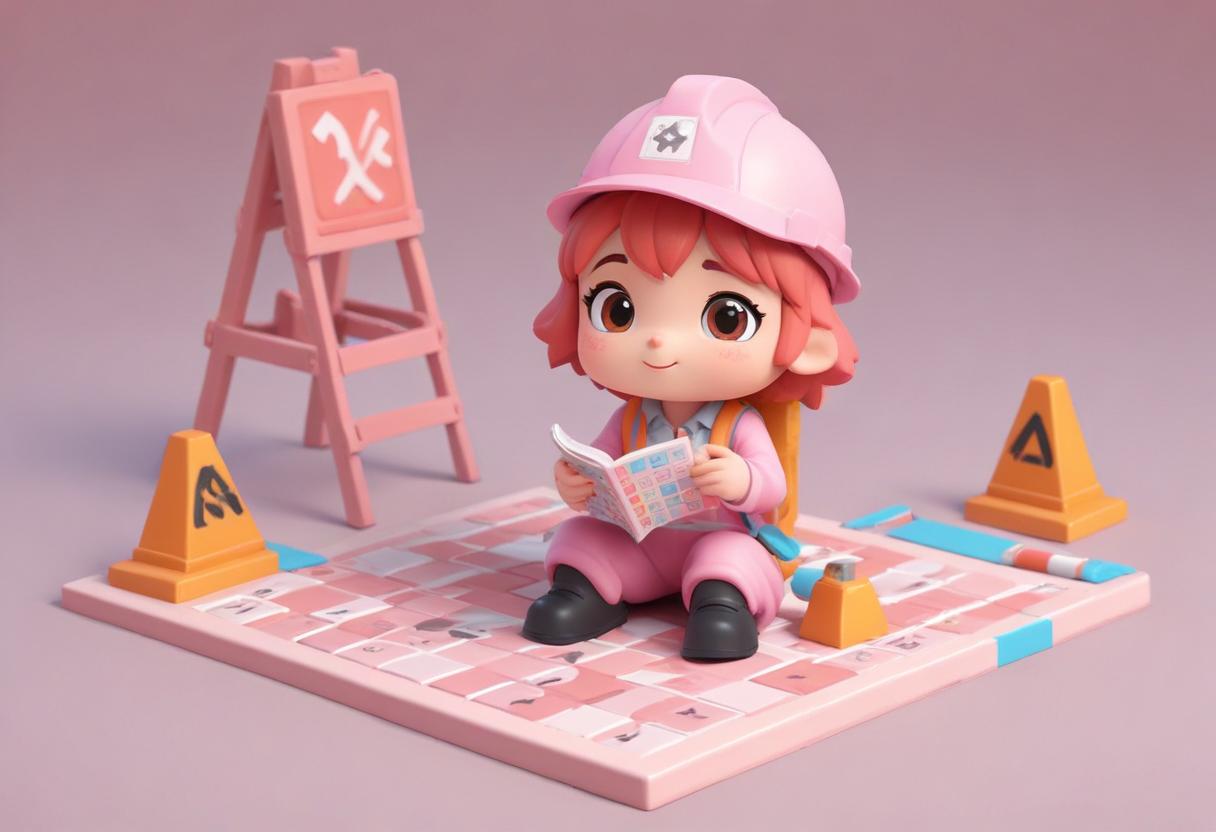
In recent years, crossword puzzles have gained recognition not only as a fun pastime but also as an effective tool in occupational therapy. This therapeutic practice utilizes crossword puzzles to stimulate and enhance patients’ cognitive and motor skills. The benefits of incorporating crossword puzzles into therapy programs are numerous and substantial.
Cognitive Benefits
Crossword puzzles present an intellectual challenge that stimulates various areas of the brain. Solving crosswords requires critical thinking skills, short-term memory, and mental flexibility. These exercises help patients improve their problem-solving abilities and keep cognitive functions active, which are crucial for recovery from brain injuries or the treatment of neurological disorders.
Improvement in Motor Skills
Beyond cognitive aspects, crossword puzzles can be used to enhance fine motor skills. Writing answers on crosswords or handling pieces of a physical crossword requires precision and hand-eye coordination. These movements help patients strengthen hand muscles and improve motor control, which is particularly beneficial for those who have had a stroke or have mobility issues.
Emotional and Social Stimulation
Engaging in crossword sessions can also improve mood and foster a sense of personal achievement. For patients facing physical or cognitive challenges, completing a crossword can be a significant source of gratification. Moreover, solving crosswords in a group setting can strengthen social interactions and promote a sense of community among participants in occupational therapy.
Adaptability and Personalization
One of the most advantageous features of crossword puzzles in occupational therapy is their adaptability. Therapists can modify the complexity and type of crossword puzzles based on the patient's abilities and progress. This flexibility allows for the creation of customized therapeutic programs tailored to meet the specific needs of each individual.
Conclusions
Ultimately, incorporating crossword puzzles into occupational therapy programs represents an innovative and effective strategy for enhancing patients’ cognitive, motor, and emotional skills. More than just an enjoyable pastime, crossword puzzles offer a path to recovery and well-being, proving to be a valuable tool in the care and support of individuals with various therapeutic needs.





